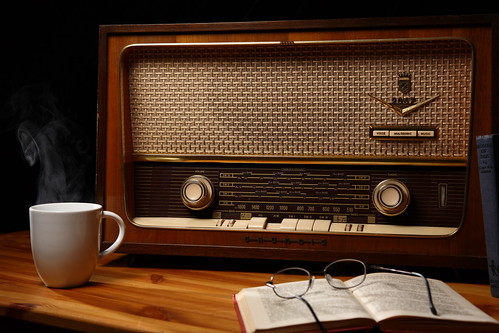
A new report out (funded by the Gates Foundation) tries to quantify the impact that our library system in our country has on providing access to technology to its patrons, including those who live at or below the poverty line. If you think about it, for many, the library remains a vital spot not just for books, but also for use of computers.
The report is called “Opportunity for All: How the American Public Benefits from Internet Access at U.S. Libraries” and the summary of the findings are available as a PDF online. The researchers combined phone calls, on-site interviews and web-based questions to gather their data.
Here are some of the things they found:
- There are about 77 million users of computers and technology in public libraries, or about 45 percent of the library patron population.
- About 44 percent of people and families living near the poverty line regularly use the library as a space for technology. (This is an important piece of information, I think, as we worry about people being left behind by the advancements in technology. Libraries may be their own access to computers.)
- About one-fourth (25 percent) of library patrons who use the computers there are between the ages of 14 and 24, which is a huge number to consider, I think.
- More than 32 million patrons used their library to further their education or to support educational projects with technology (homework, projects, online courses, etc.)
The report also offers up some recommendations:
- State and local governments must push for more broadband access;
- Businesses should work closer with libraries for job education programs;
- Municipal libraries should forge stronger bonds with local school districts to allow more seamless flow of resources for students.
And the report notes:
Over the years, libraries have made significant investments to keep pace with digital developments, but surging demand quickly wears out equipment, taps available bandwidth, and strains library resources. As resources and services increasingly migrate online and devour greater bandwidth, more patrons will need access to fully participate in the digital age. That means libraries will require more resources, not less, to meet this growing need.
So, let’s hear it for our libraries (and librarians), whose budgets keep getting slashed and whose hours keep getting dwindled in a time when they are probably needed the most if we are to address the problems of the Digital Divide among the haves and the have-nots in this world.
Peace (in the stacks),
Kevin

